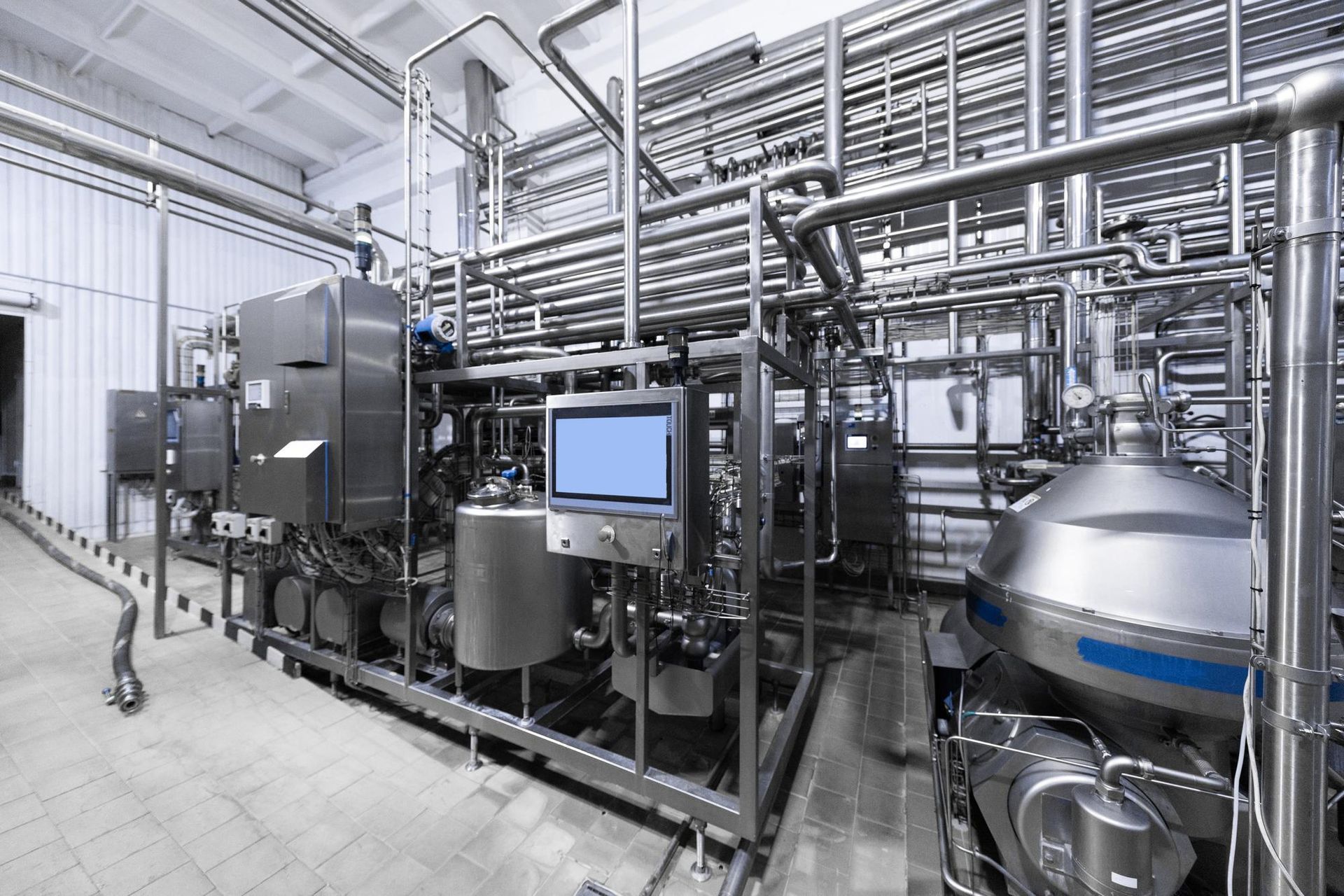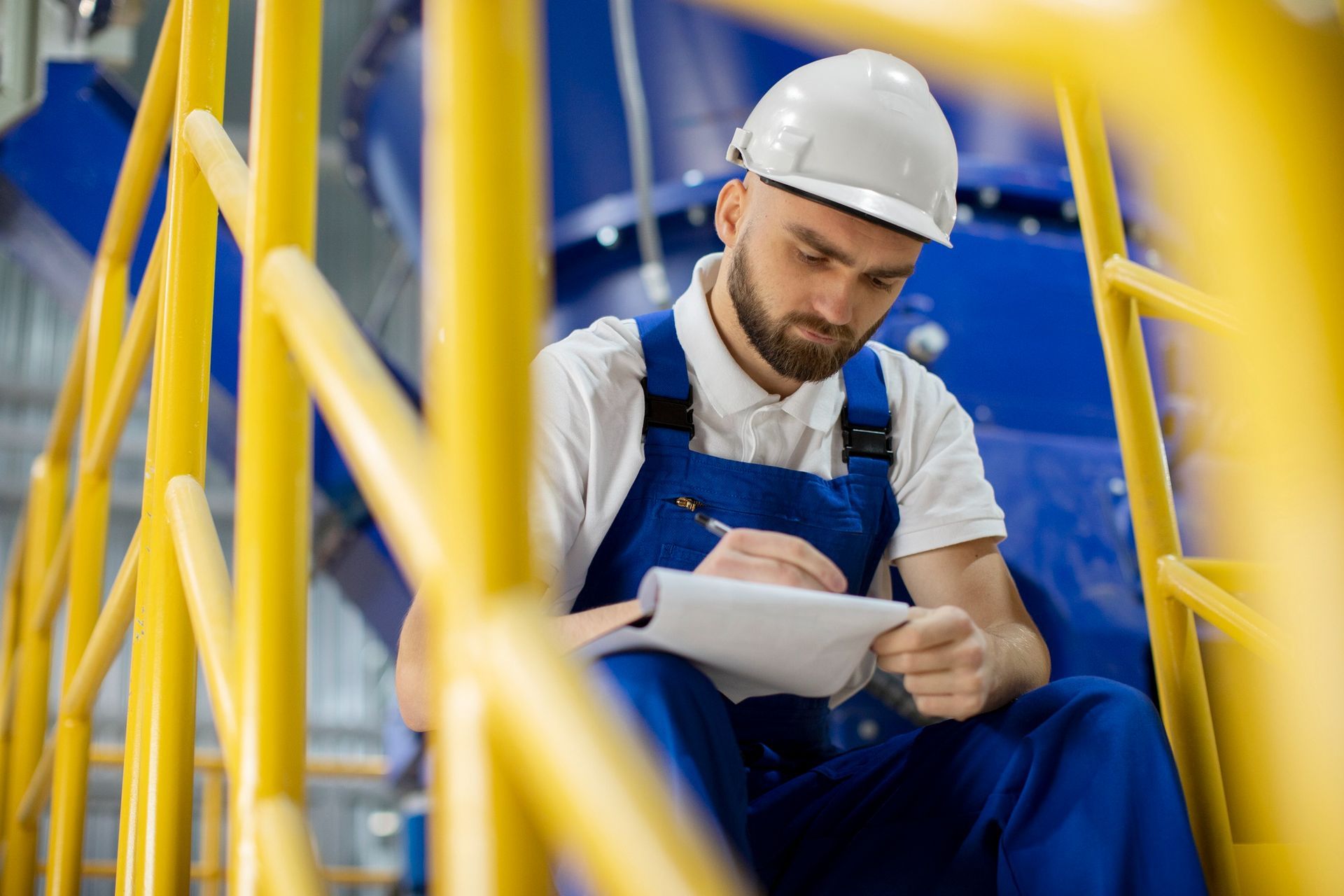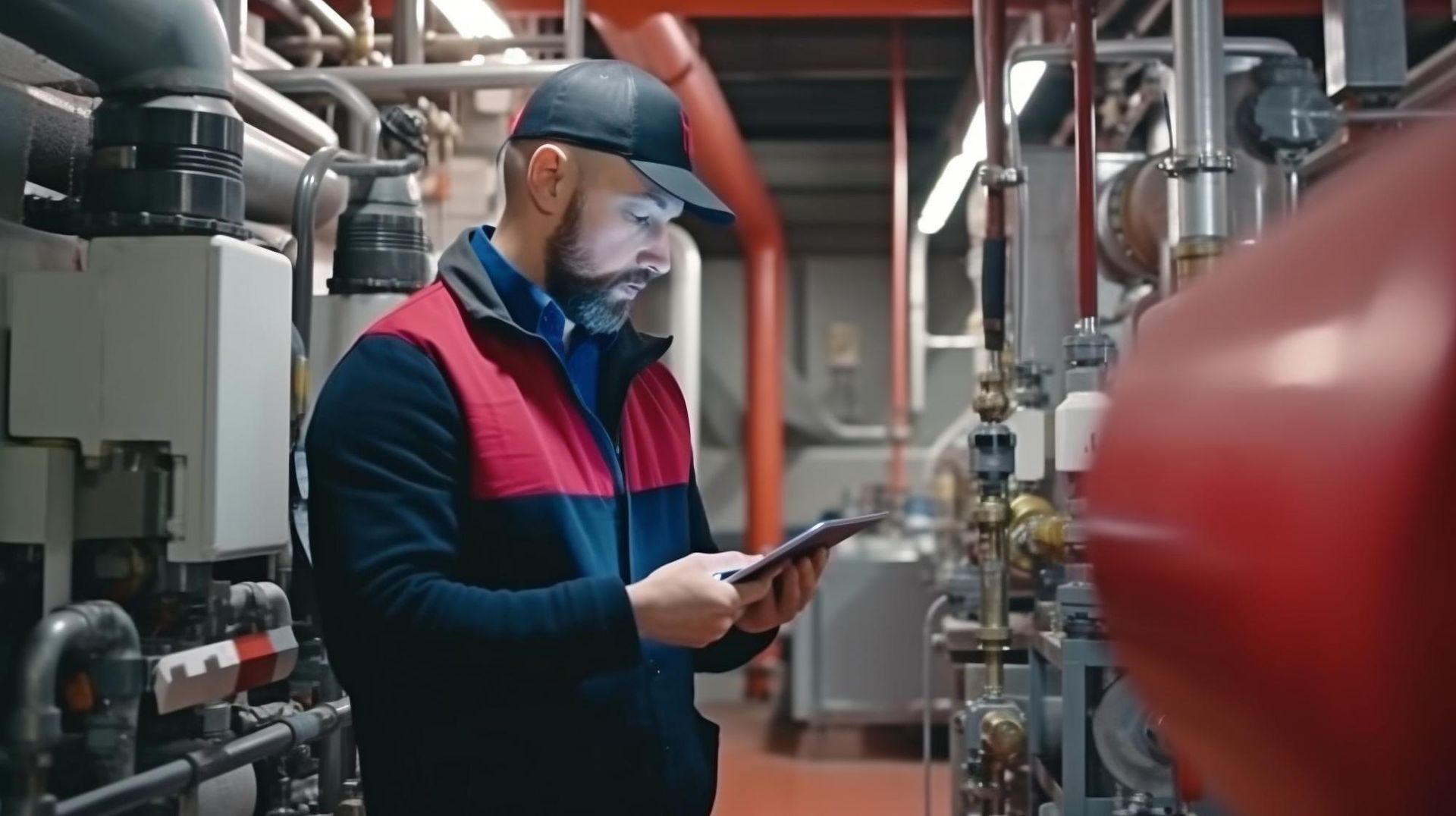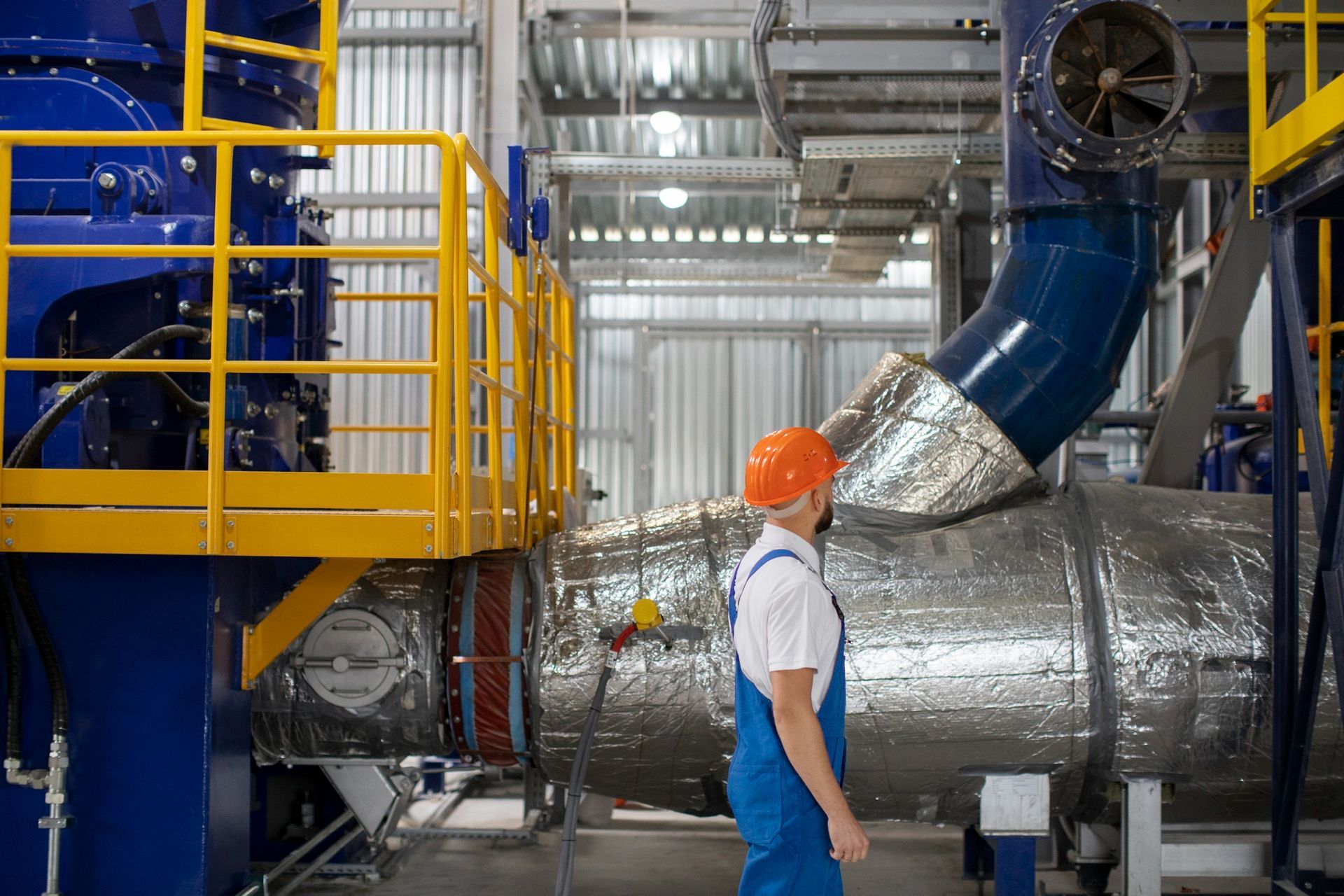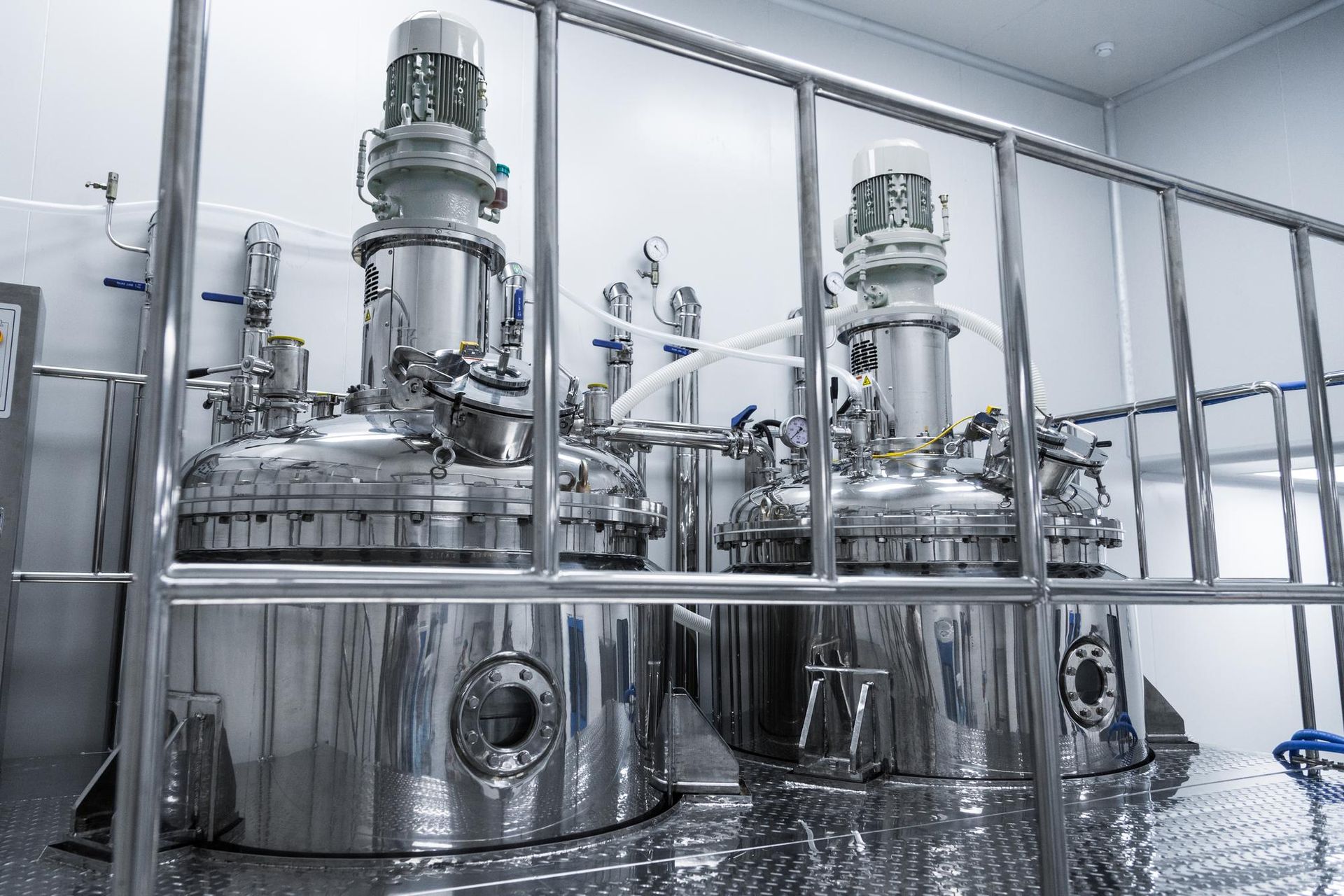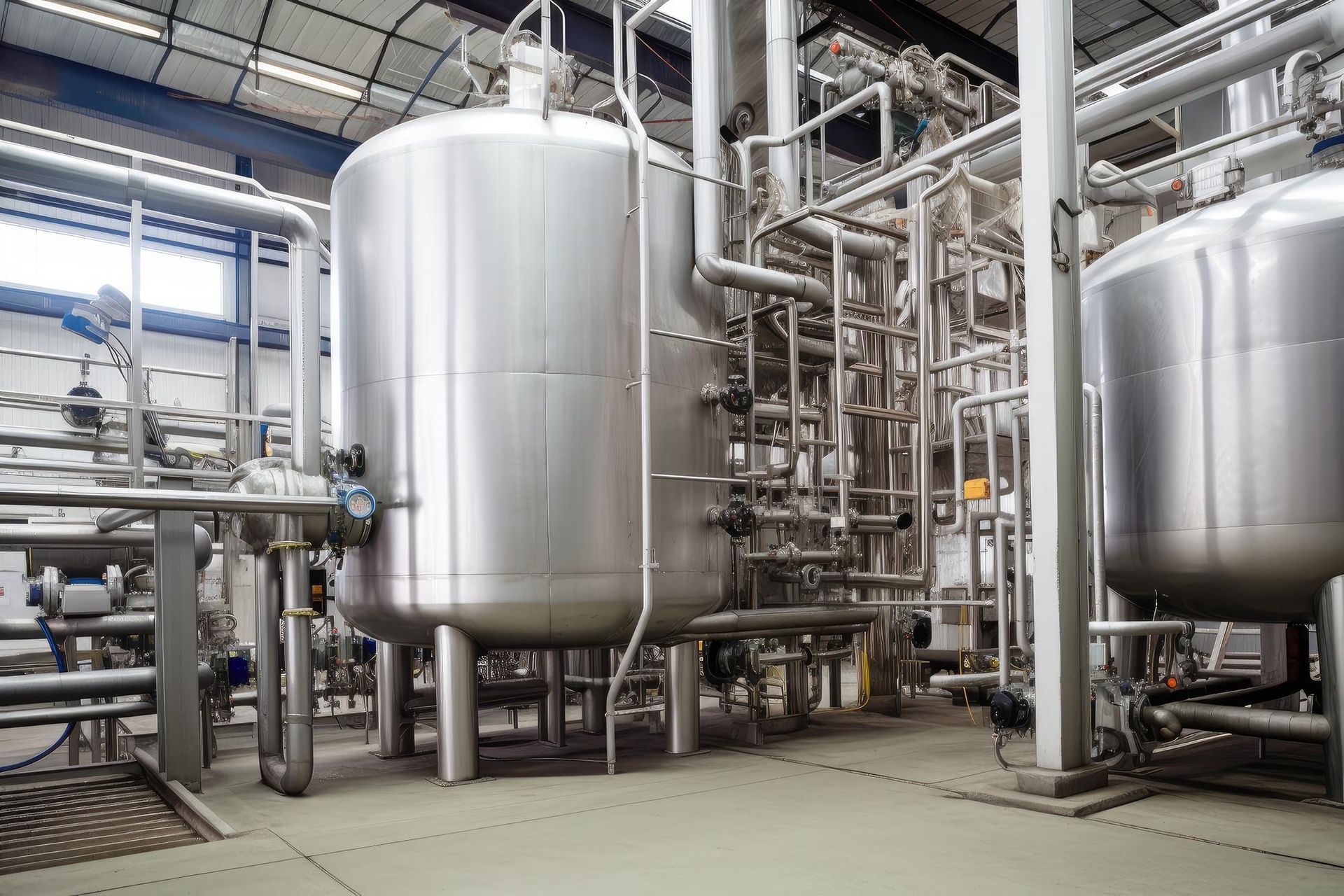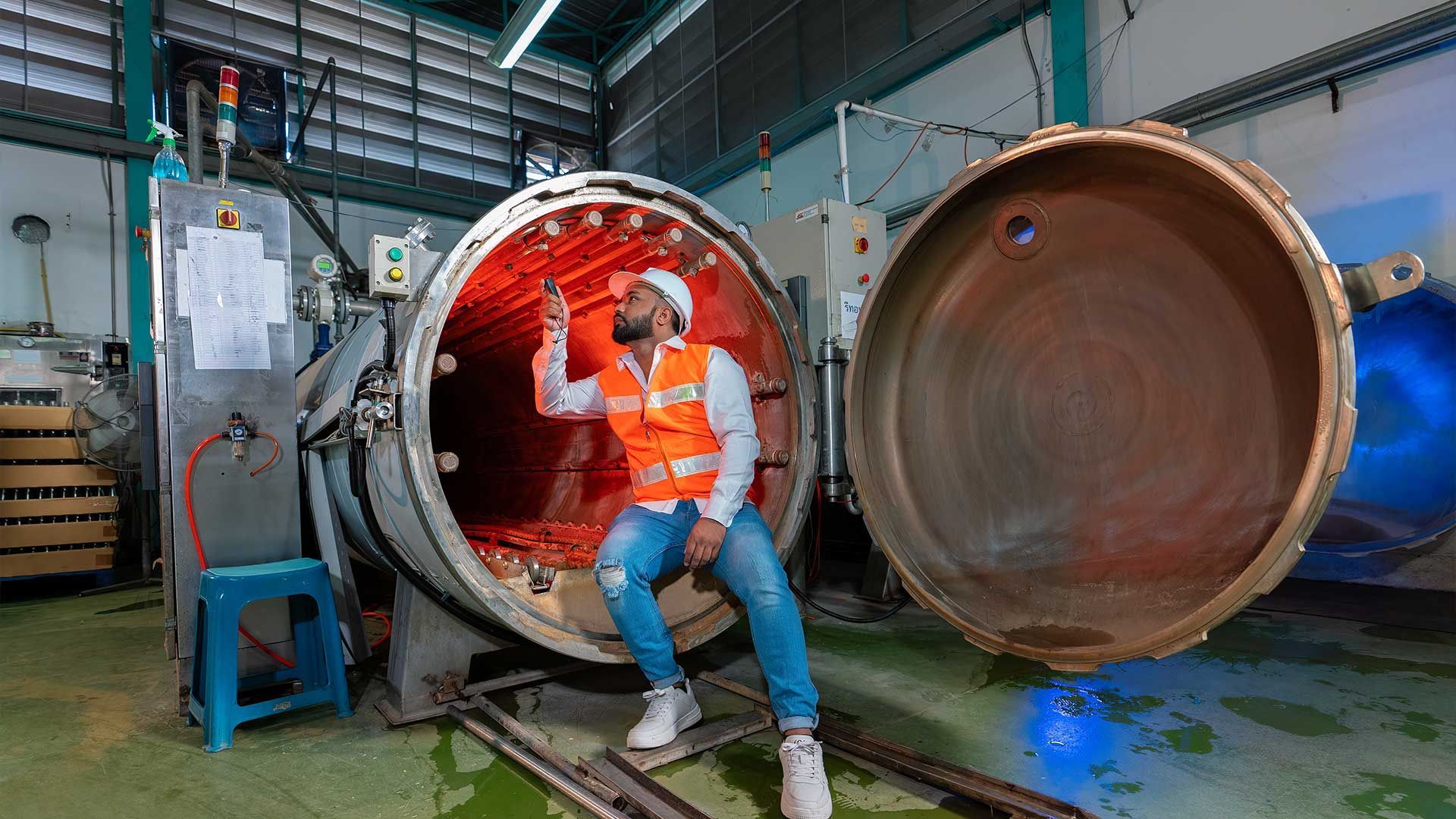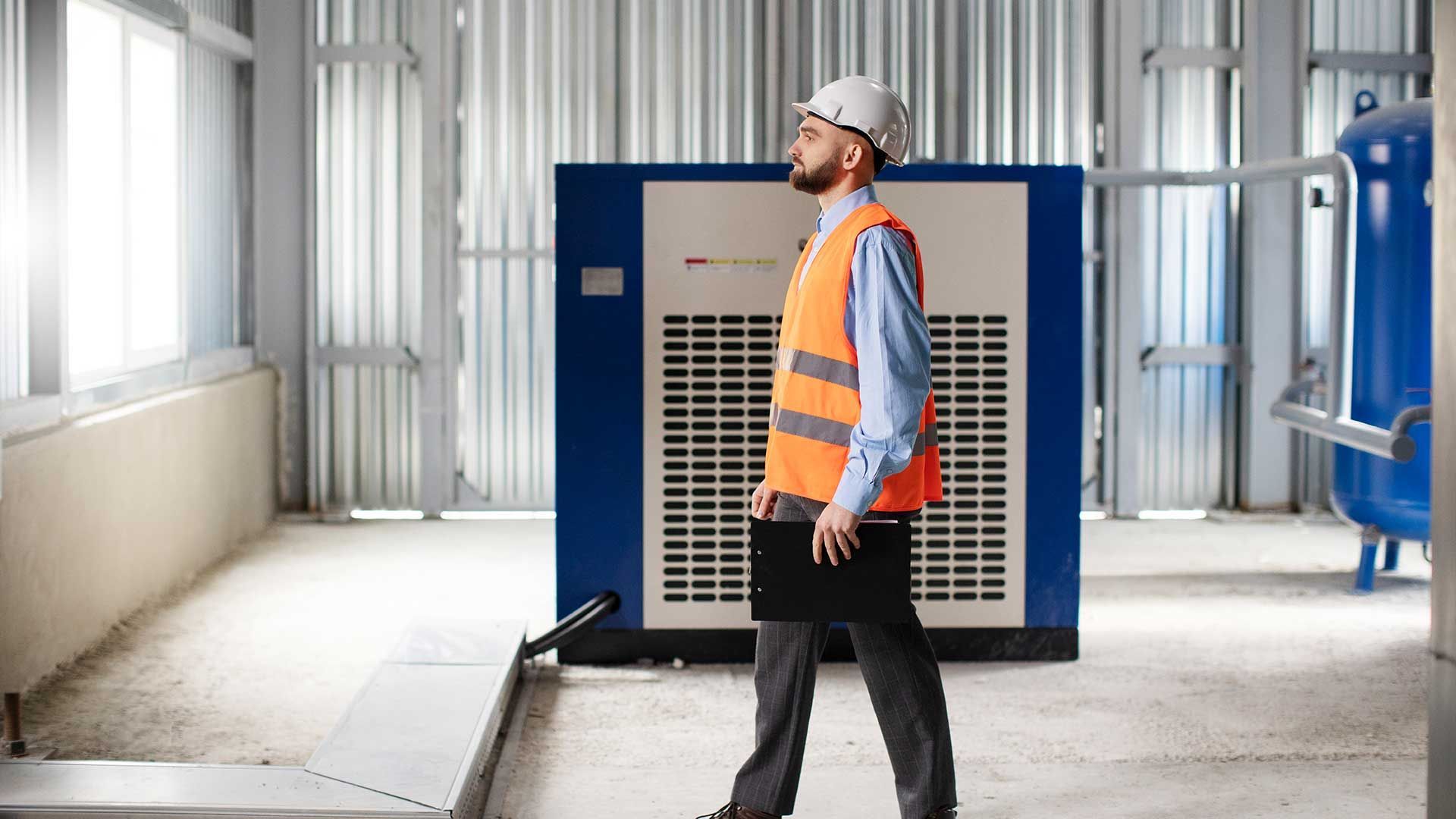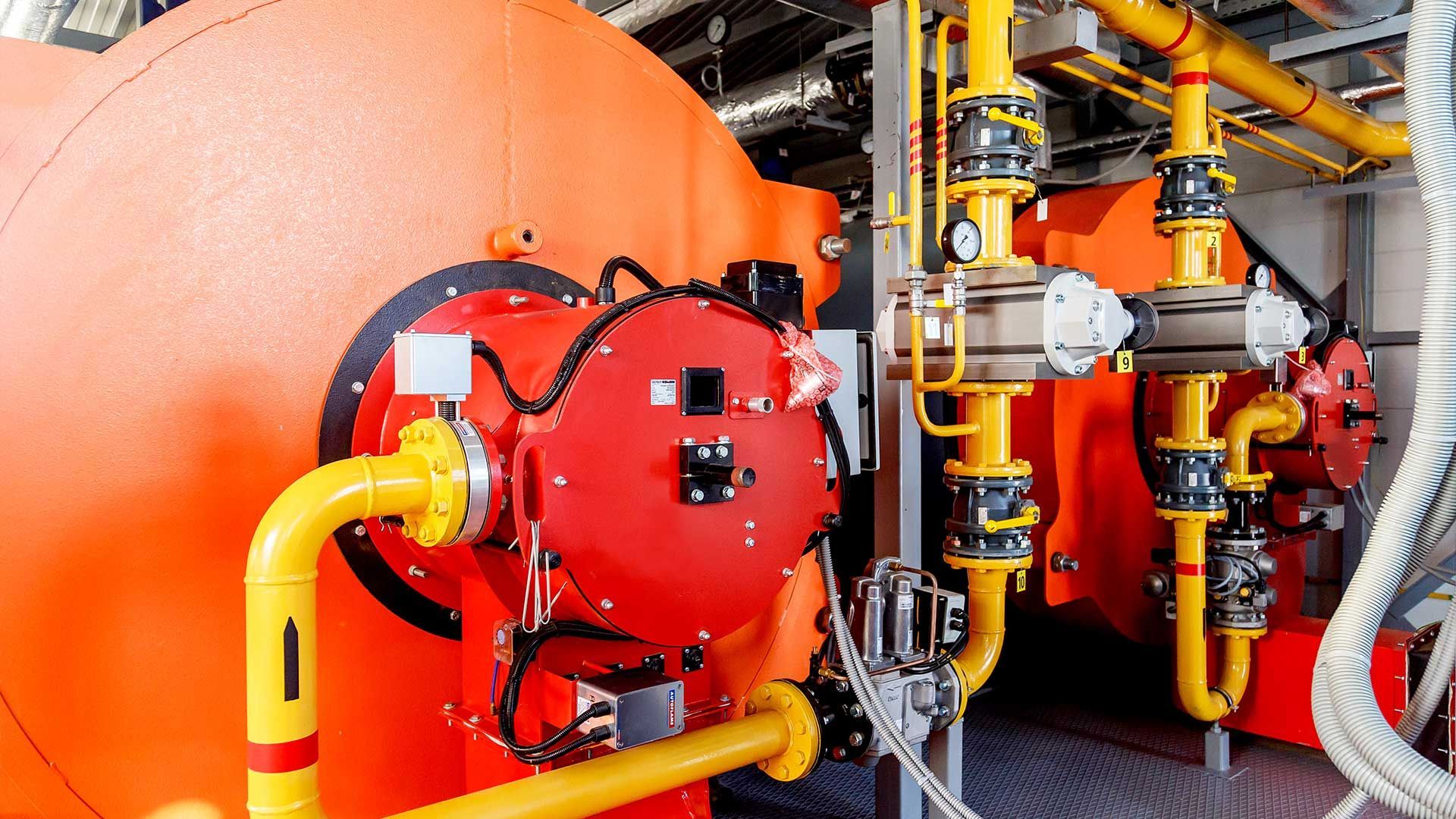The Advantages of Industrial Electric Boilers Over Traditional Heating Systems
Energy Efficiency
When it comes to industrial heating, energy efficiency is a top priority, and industrial electric boilers excel in this regard. These boilers are remarkably efficient in converting electricity into heat. Unlike traditional heating systems that may suffer from heat loss during distribution, electric boilers provide precise control over temperature and rapid heating capabilities. This means less wasted energy and more precise heating where and when it's needed.
Electric boilers have a quick response time, ensuring that heat is available on demand. They can efficiently provide consistent heat without the need for preheating, which is common in traditional systems. This not only saves energy but also reduces operational costs, making industrial electric boilers an attractive choice for businesses looking to optimize their energy consumption and reduce utility bills.
In a world where energy efficiency is not only a cost-saving measure but also a commitment to environmental responsibility, industrial electric boilers stand out as a sustainable and practical solution.
Environmental Friendliness
Industrial electric boilers are champions of environmental friendliness. One of their most notable advantages is their eco-friendly nature. Unlike traditional heating systems that may produce harmful emissions such as carbon monoxide or nitrogen oxides, electric boilers produce zero emissions at the point of use. This means that they don't contribute to air pollution or greenhouse gas emissions.
The absence of emissions makes electric boilers an ideal choice for industries that
prioritize sustainability and want to reduce their carbon footprint. Whether you operate in an area with strict environmental regulations or simply want to be a responsible corporate citizen, industrial electric boilers align with these goals.
Furthermore, the environmental benefits extend to indoor air quality. Electric boilers do not emit harmful fumes or require venting, making them suitable for indoor installations without the need for complex ventilation systems. This not only contributes to a cleaner environment but also ensures a healthier workplace for your employees.
In an era where environmental stewardship is paramount, industrial electric boilers provide an excellent solution for industries looking to reduce their environmental impact while maintaining efficient heating operations.
Cost Savings
Cost savings are a compelling reason why industrial electric boilers are gaining popularity. When businesses consider their heating systems, operational costs play a significant role in decision-making. Industrial electric boilers offer several avenues for cost savings.
Firstly, electric boilers have minimal maintenance requirements compared to traditional heating systems. They don't rely on fuel combustion, which can result in residue buildup and the need for frequent cleaning. This translates to reduced maintenance expenses and less downtime for maintenance-related activities.
Secondly, electric boilers have a longer lifespan. They tend to outlast traditional heating systems, which may have components prone to wear and tear. The longevity of electric boilers means fewer replacements, reducing capital expenditures over time.
Lastly, the operational costs of electric boilers are often lower due to their energy efficiency. They convert a higher percentage of the electricity they consume into heat, resulting in reduced energy bills. This combination of lower maintenance, longer lifespan, and energy efficiency makes
industrial electric boilers a cost-effective choice for businesses aiming to optimize their heating budgets.
Space Efficiency
Industrial facilities often face space constraints, and the compact nature of electric boilers is a significant advantage. Unlike traditional heating systems that can be bulky and require substantial installation space, electric boilers are typically more compact and space-efficient.
This space efficiency is particularly valuable for industries where every square foot counts. Whether you have limited space within your facility or need to allocate room for other essential equipment, electric boilers offer flexibility in installation.
Furthermore, the compact size of electric boilers simplifies the installation process. It reduces the need for extensive structural modifications to accommodate the heating system. This means less disruption to your operations and a faster setup compared to traditional heating systems that may require more extensive construction work.
In industries where space optimization is critical, industrial electric boilers provide an efficient and practical solution, allowing you to make the most of your available space without compromising on heating capacity.
Safety and Reliability
Safety and reliability are paramount in industrial operations, and industrial electric boilers deliver on both fronts. These boilers are designed with multiple safety features to ensure trouble-free and secure operation.
Electric boilers come equipped with automatic shutdown systems that activate in the event of any irregularities or malfunctions. This proactive safety measure helps prevent accidents and damage to the heating system.
Additionally, electric boilers offer reliability in heating. They provide consistent and precise heating without the risk of fluctuations commonly associated with some traditional heating systems. This reliability ensures that industrial processes can proceed smoothly without interruptions caused by temperature variations.
In industries where safety and operational reliability are non-negotiable, industrial electric boilers provide peace of mind. Their built-in safety features and consistent performance make them a trusted choice for businesses that prioritize the well-being of their employees and the efficiency of their operations.
Ease of Installation and Integration
The ease of installation and integration is another area where industrial electric boilers shine. When you choose electric boilers for your industrial heating needs, you opt for a straightforward and hassle-free setup process.
Compared to traditional heating systems that may require complex infrastructure and extensive modifications to your facility, electric boilers are relatively easy to install. They typically come pre-wired and pre-piped, reducing the need for extensive on-site assembly.
Furthermore, electric boilers can seamlessly integrate into your existing heating infrastructure. Whether you're replacing an outdated heating system or adding supplementary heating capacity, electric boilers can adapt to your specific needs. Their flexibility in integration makes them a practical choice for businesses looking to optimize their heating systems without major disruptions.
In industries where downtime is costly and efficiency is essential, the ease of installation and integration provided by industrial electric boilers is a significant advantage.
Maintenance and Longevity
Maintenance and longevity are essential considerations when selecting an industrial heating system, and industrial electric boilers excel in both aspects.
Electric boilers require minimal maintenance compared to traditional heating systems that rely on fuel combustion. Without the need to clean combustion residues or maintain complex fuel delivery systems, electric boilers significantly reduce maintenance costs and downtime.
Additionally, electric boilers have longer lifespans. Their components are less prone to wear and tear, resulting in extended operational life. This longevity translates to fewer replacements and reduced capital expenditures over the long term.
By choosing industrial electric boilers, businesses can enjoy hassle-free maintenance and long-lasting heating solutions, ensuring consistent and reliable performance throughout their operational life. This reliability is invaluable in industries where heating downtime can disrupt critical processes.
Versatility
Versatility is a key advantage of industrial electric boilers. These boilers can cater to a wide range of industrial applications and heating needs, making them a versatile solution for various industries.
Electric boilers can be customized to meet specific heating requirements. Whether your industry needs low-temperature heating for sensitive processes or high-temperature heating for heavy-duty applications, electric boilers can be tailored to deliver the precise heat output required.
Moreover, they can operate in diverse industrial settings, from food processing facilities and pharmaceutical plants to manufacturing and wastewater treatment plants. Their adaptability allows businesses to use electric boilers across multiple applications within the same facility.
By choosing industrial electric boilers, industries gain access to a versatile heating solution that can be fine-tuned to meet their unique heating demands, promoting operational efficiency and flexibility.
Conclusion
In conclusion, the advantages of industrial electric boilers over traditional heating systems are clear and compelling. Businesses that prioritize efficiency, sustainability, and operational reliability should consider making the switch to industrial electric boilers.
At Boiler Technologies Unlimited, we understand the importance of optimizing your industrial heating system. Our expert team specializes in the installation, maintenance, and integration of industrial electric boilers, ensuring that your operations run smoothly and efficiently.
If you're ready to experience the benefits of industrial electric boilers firsthand, contact us today at
813-469-7733. Let us be your partner in achieving energy efficiency, cost savings, and environmental responsibility. Make the smart choice for your industrial heating needs with
Boiler Technologies Unlimited.



